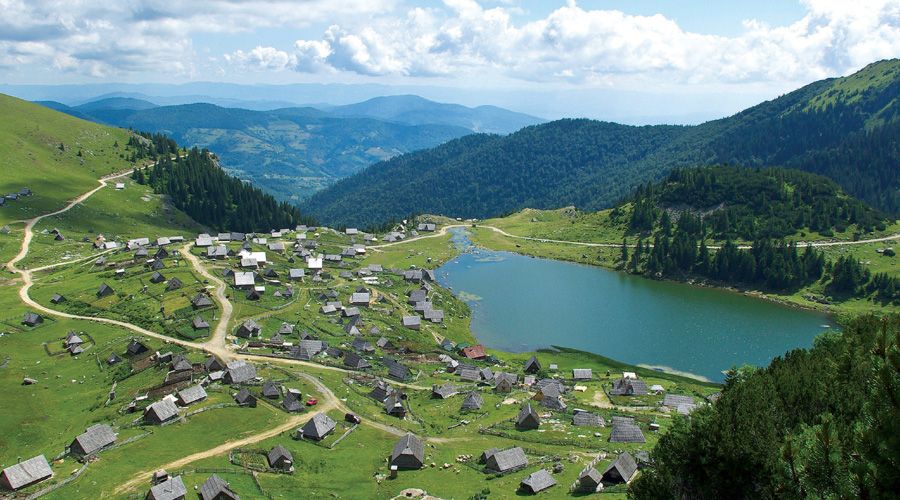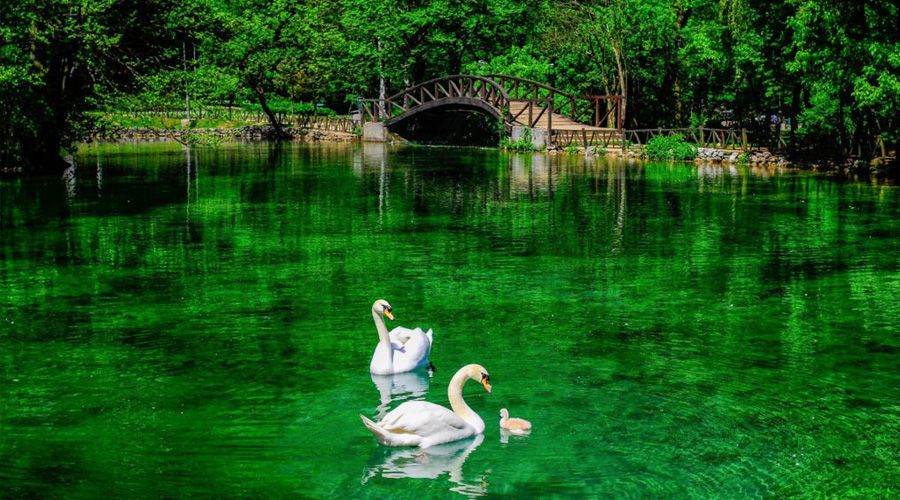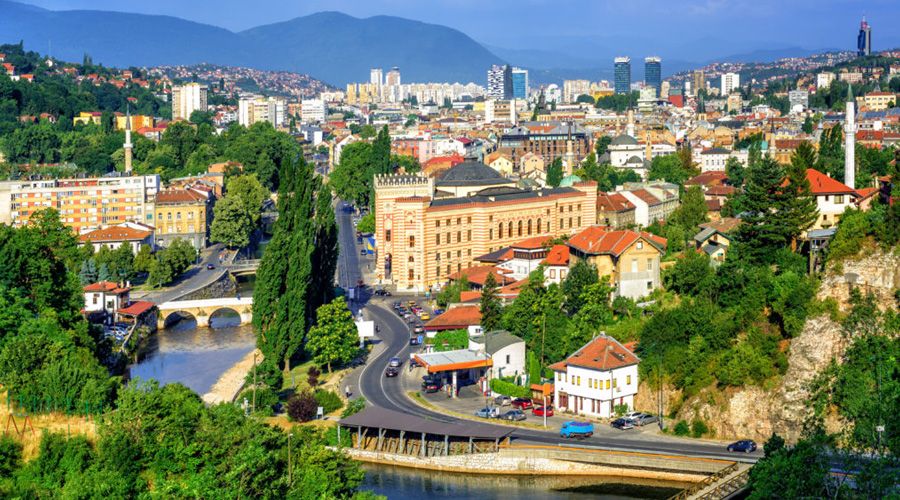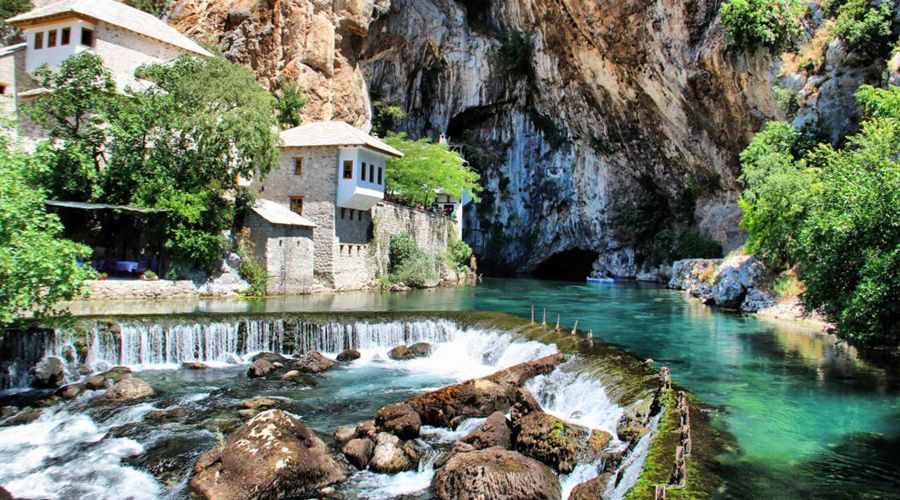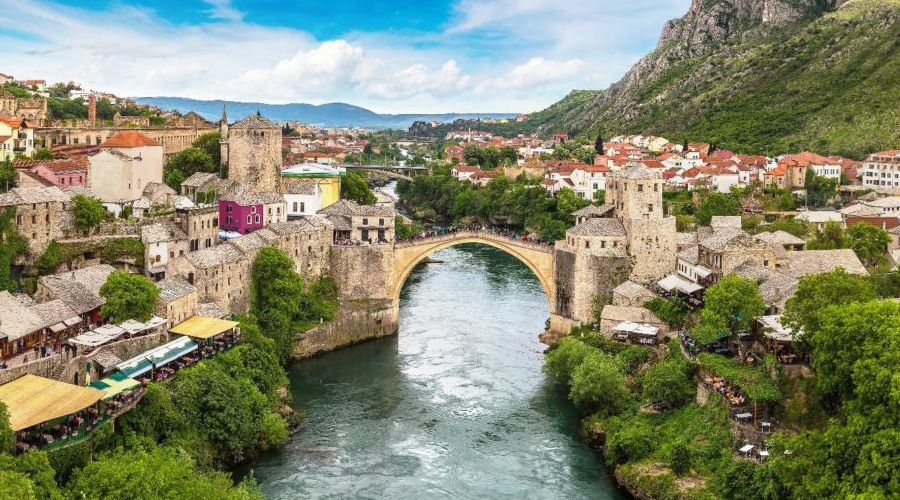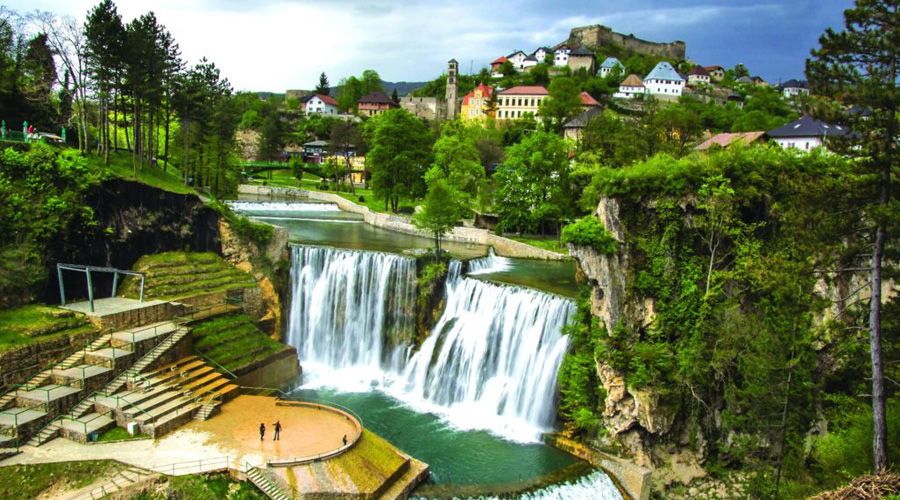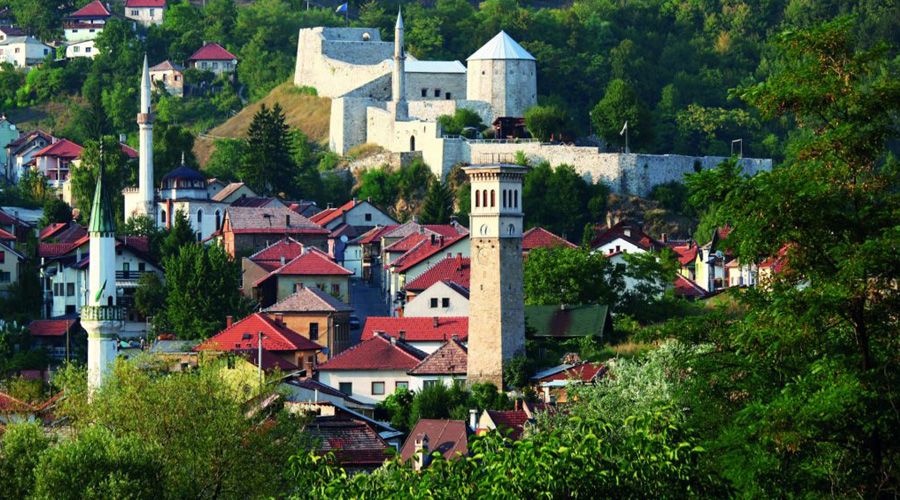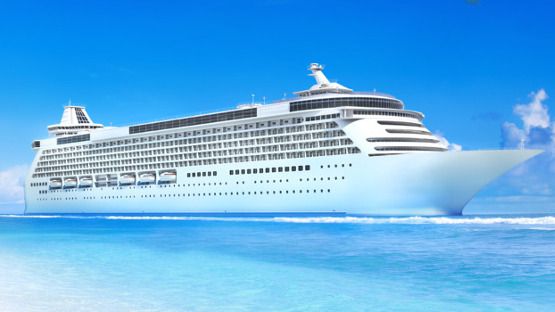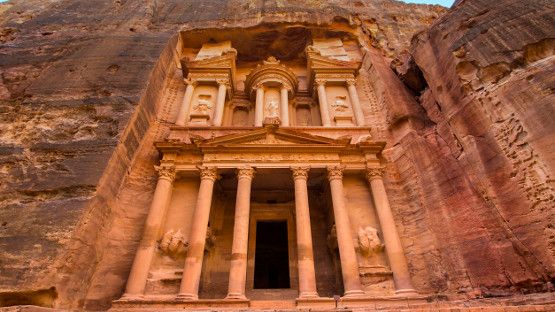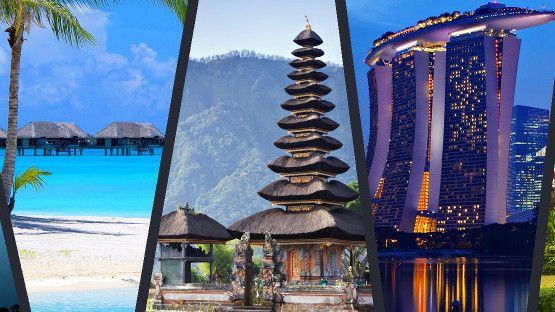- TOUR HIGHLIGHTS:
Itinerary
DAY 1 - Arrival to Sarajevo International Airport and transfer to the hotel
You will arrive in Sarajevo Airport and will be welcomed by one of our staff who will take you to your hotel.
DAY 2- Visiting spring of the river Bosna, Tunnel of Hope and Old Town Bascarsija
On the tour you will discover why it was built in the first place and why it is so important to visit it. After all this history and buildings it is time to enjoy in nature. Spring of the river Bosnia is the most beautiful and visited park in Sarajevo. There you can enjoy fresh air, numerous water streams, watching birds, fish, swans and ducks. Our next destination is The Tunnel, known as Tunelspasa or Tunnel of Hope. You will see and go through the Tunnel itself, but only for 25 meters. The Ottoman Empire made Sarajevo an important administrative center by 1850.
Bascarsija was built in the 15th century when Isa beg Isakovic founded the town and it become and old bazaar and a historical and cultural center of the town. The word Bascarsija derives from the Turkish language.
Vrelo Bosne
The pearl of the Bosnia River with invigorating air, pleasant atmosphere and picturesque landscape..
Sarajevo
The capital of Bosnia and Herzegovina situated in the very heart of the country is one of the most interesting cities in Europe that connects eastern and western world as an excellent example of the city that has never lost its multi-ethnic character in spite of frequent historical turbulences
DAY 3- Visiting Jablanicko lake, Old Bridge in Mostar city and spring of the river Buna
Mostar is situated on the Neretva River and is the fifth-largest city in the country. Mostar was named after the bridge keepers (mostari) who in the medieval times guarded the Stari Most (Old Bridge) over the Neretva. The Old Bridge, built by the Ottomans in the 16th century, is one of Bosnia and Herzegovina’s most recognizable landmarks, and is considered one of the most exemplary pieces of Islamic architecture in the Balkans. The Buna is a short river in Bosnia and Herzegovina; it is a left bank tributary of the Neretva. Its source (VreloBune), a strong karstic spring, is near the village Blagaj, southeast of Mostar. Actually, it is best known by famous Buna Spring (VreloBune), one of the strongest springs in Europe and extremely cold water. The Buna flows west for approximately 9 km, starts at Blagaj and meandering through villages Blagaj, Kosor, Malo Polje, Hodbina and joins the Neretva at Buna village. The Bunica river is main left bank tributary of the Buna.
The Buna river spring
Near the old village Blagaj, southeast of Mostar, the Buna river spring flows out of a 200m cliff wall and creates a beautiful, crystal clear, extremely cold and 9 km long river that flows into the Neretva. This place is an important part of a rich cultural and historical heritage of Bosnia and Herzegovina and a site of great tourist attendance.Mostar
Mostar
A historical and cultural center in the western Herzegovina, situated in a green valley along the Neretva river surrounded by the Mediterranean mountain terrain.
DAY 4- Visiting Prokosko lake or Srebrenica city
Glacier made, Prokosko Lake is “nested” at 1636 m.a.s.l, with number of old, shingle covered, shepherd’s wooden huts – Katuni at its vicinity and amphitheater of Vranica mountain behind, are definitely something not to miss for any nature lover during the trip to Bosnia and Herzegovina. No doubt about it. lake is visited by 20,000 tourists each year.
The Srebrenica massacre, also known as the Srebrenica genocide was the July 1995 genocide of more than 8,000 Bosniaks, mainly men and boys, in and around the town of Srebrenica during the Bosnian War. The killings were perpetrated by units of the Bosnian Serb Army of Republika Srpska (VRS) under the command of Ratko Mladic.
Srebrenica
The Srebrenica massacre, also known as the Srebrenica genocide (Bosnian: Masakr u Srebrenici; Genocid u Srebrenici), was the July 1995 genocide of more than 8,000 Bosniaks, mainly men and boys, in and around the town of Srebrenica during the Bosnian War.
Prokosko Lake
With its unique landscape and local villagers cottages built around the lake, it is one of the most visited lakes and one of the most beautiful tourist locations in the country.
DAY 5- Visiting Travnik city, the lakes and waterfalls in Jajce city
Travnik is a town and municipality in central Bosnia and Herzegovina, 90 kilometers west of Sarajevo. It was the capital city of the governors of Bosnia from 1699 to 1850, and has a cultural heritage dating from that period. Travnik is located near the geographic center of Bosnia and Herzegovina . The river Lašva passes through the city, flowing from west to east before joining the Bosna river. Travnik itself is built in the large Lašva valley, which connects the Bosna river valley in the east with the Vrbas river valley in the west. Jajce is a town and municipality located in the central part of Bosnia and Herzegovina. The town is famous for its beautiful waterfalls where the Pliva River meets the river Vrbas. It was thirty meters high, but during the Bosnian war, the area was flooded and the waterfall is now 20 meters high.
Jajce
The old royal city that constituted the fortified capital of the Bosnian Kingdom. Offering beautiful countryside and many attractions to be visited (a medieval fortress with long defensive walls and a large citadel, catacombs, the Pliva waterfalls and lake, watermills), the whole area is geographically and historically interesting.
Travnik
The town in central Bosnia where was the seat of the Ottoman viziers. The attractive sightseeing locations include the impressive medieval fortress and many other monuments (old part of the town, oriental houses, mosques, tower clock) that mostly dates back from the Ottoman period.
DAY 6- Departure
Departure (transfer to Sarajevo International Airport)
- Return Flights from London Stansted on Ryan Air
- Inclusive of 10Kg over-head locker bag + hand luggage
- 5 Nights Bed & Breakfast + Private Tours

